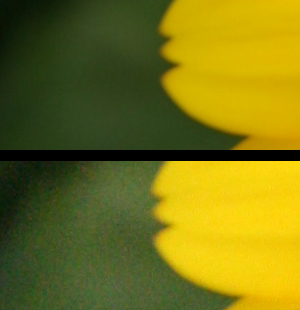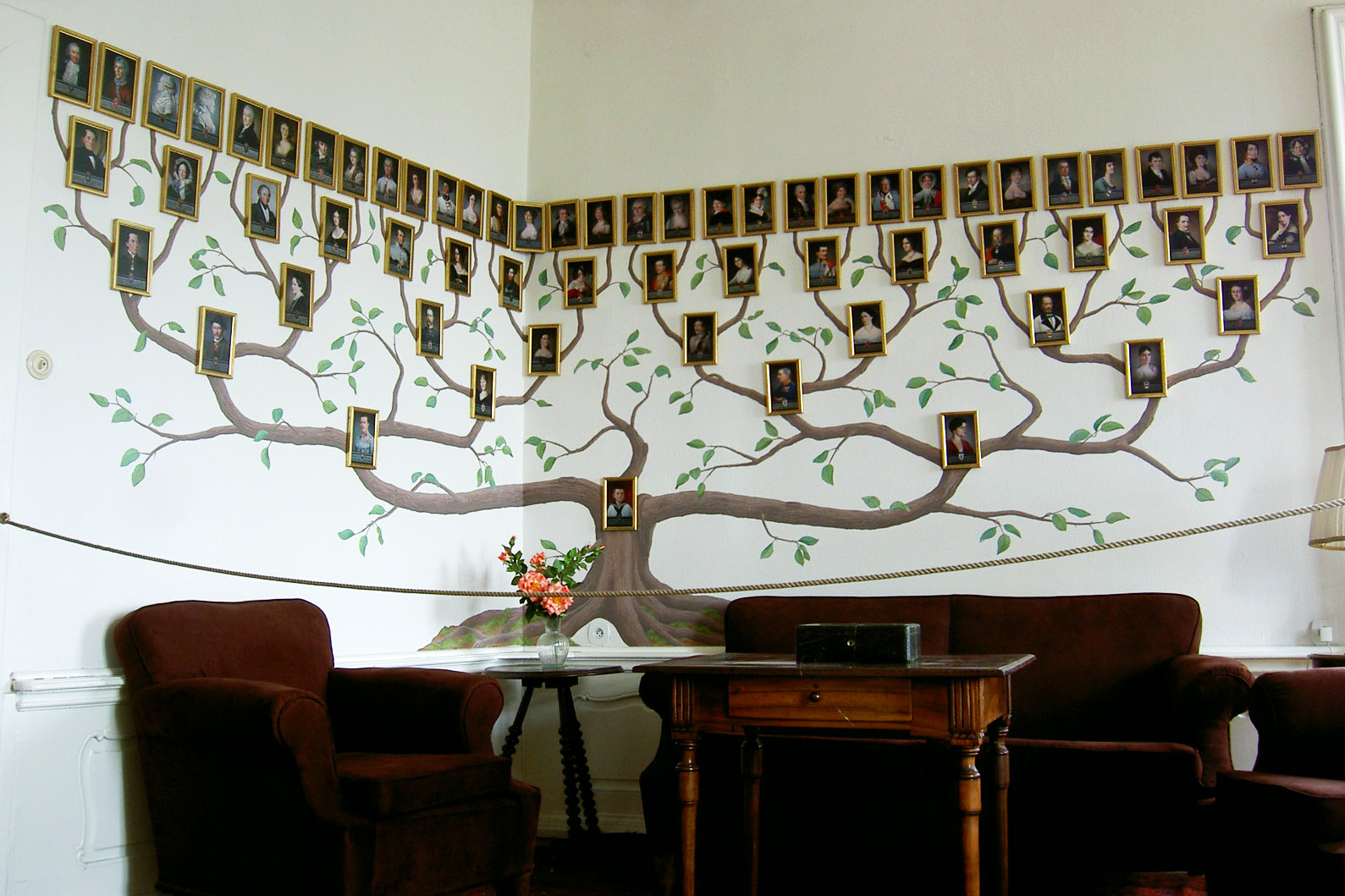Easter Sunday4 A (07 May 2017)
Homily of Fr. Paul Panaretos, S.J.
Smart Culture
Recent research offers surprises about sheep. Pondering the research as one living by faith deepens one of Pope Francis’ very frequent word-images. First, the research.
_-_James_Tissot_-_overall.jpg) The myth that sheep are dumb has long infected us. As a result many are surprised to hear that Jesus’ words—the shepherd calls his own sheep by name and leads them—was recognized by those who first heard him. Sheep of different flocks were often kept in a common sheepfold. Several Palestinian shepherds could call their sheep, sheep would go to specific shepherds.
The myth that sheep are dumb has long infected us. As a result many are surprised to hear that Jesus’ words—the shepherd calls his own sheep by name and leads them—was recognized by those who first heard him. Sheep of different flocks were often kept in a common sheepfold. Several Palestinian shepherds could call their sheep, sheep would go to specific shepherds.
Recent studies have indicated sheep recognize faces as well as voices: sheep recognize human faces as well as faces of other sheep!1 Vision and hearing—and intelligence, too! Yes, someone ex-plored that. “She discovered that sheep can learn how to navigate out of a complex maze. The en-ticing sight of their fellow sheep friends awaiting them at the finish helped them reach the exit.”2 The animal we may have thought to be dumb is smarter than we thought.
This new information deepened my appreciation for the oft’-repeated phrase on the lips of Pope Francis: “personal encounter.” His namesake, Francis of Assisi, had a personal encounter with its Sultan. Pope Francis visited Egypt late last month because he desires a personal encounter with Islam.3 Francis continues to do as he speaks. He is convinced that these encounters are for us and not leaders only. For Francis personal encounter is a culture: “If we do good to others, if we meet there, doing good, and we go slowly, gently, little by little, we will make that culture of encounter.”4
 Disciples of Jesus are intelligent and offer much to the church and the world. We leaders who serve you ought to be heartened by your wisdom and energy. Helping one another see the face of Jesus in each other and in every other person and remember him is how we all reach “slowly, gently, little by little…that culture of encounter.” Doing good together participates in God’s culture entrusted to us, the Incarnation: divine becoming human and human becoming divine. For exactly this Jesus died, rose and offers us his Spirit every moment.
Disciples of Jesus are intelligent and offer much to the church and the world. We leaders who serve you ought to be heartened by your wisdom and energy. Helping one another see the face of Jesus in each other and in every other person and remember him is how we all reach “slowly, gently, little by little…that culture of encounter.” Doing good together participates in God’s culture entrusted to us, the Incarnation: divine becoming human and human becoming divine. For exactly this Jesus died, rose and offers us his Spirit every moment.
When we help each other see Jesus we help each other see the honourable one: Jesus was no villain. The more we look to Jesus the more we share his honour; we become people of honour: we honour others and help them grow that way—all of us doing good. Coming to live together in the presence of God happens over many lifetimes of doing good together. Living together in the presence of God is God’s gift to humans, the gift for which we long.
In your daily 15 minutes with Jesus this week
- Rest in our triune God.
- Invite the communion of saints to present you to Our Good Shepherd.
- Chat with him: praise him for dying and rising for us; thank him for modelling doing good and looking out for everyone.
- Ask Jesus for grace to help us look out for others.
- Close saying slowly the Lord’s Prayer. Hallowing God’s name is more than praying; it deepens our reverence for others and for ourselves.
____________
- This BBC piece contains links to related news and research.
- Quoted in the same BBC piece above.
- One example of many who recalled that moment.
- From a weekday homily on salvation and Jesus’ insistence that his disciples ought not stop anyone from doing good in his name. The homily gathered international attention. The pope’s words and one helpful comment.
____________
.jpg)

_-_James_Tissot_-_overall.jpg)
